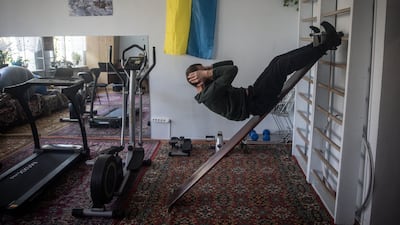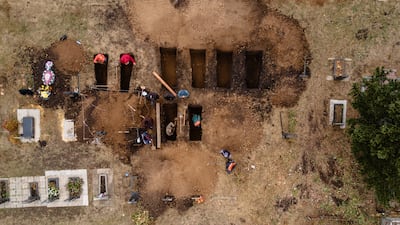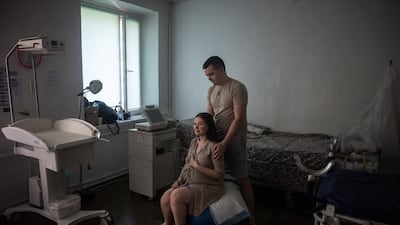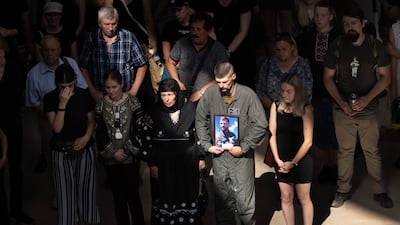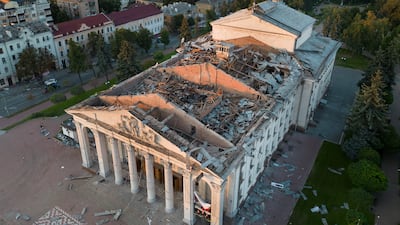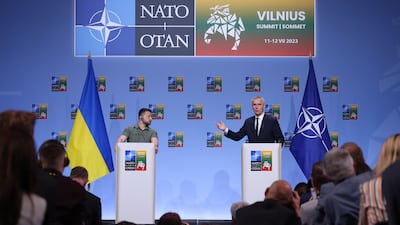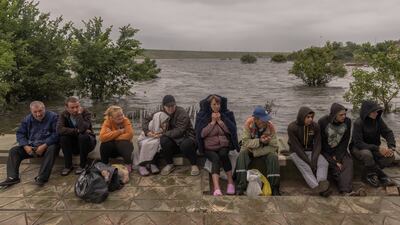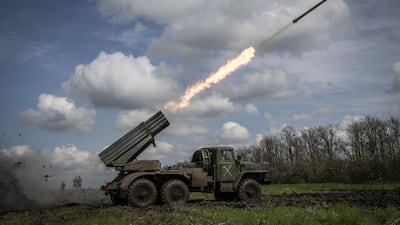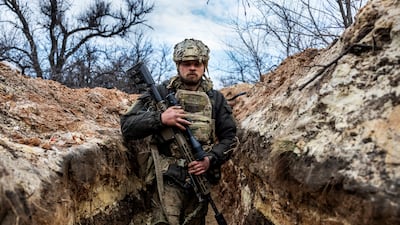Britain’s Defence Secretary Grant Shapps was forced to abandon a trip to Odesa Ukraine after a Russian missile threat was rated “critical”.
The report came as an East European foreign minister urged Britain to consider introducing conscription to bolster its shrinking armed forces to counter the Russian threat.
That danger became apparent last week when it emerged Moscow had become aware of Mr Shapps’s movements inside Ukraine after he had arrived by train from Poland.
As the Defence Secretary was due to travel from the capital Kyiv to the key port of Odesa, intelligence officials received information that forced them to raise the threat warning from substantial to critical.
Among those travelling with Mr Shapps was Admiral Sir Tony Radakin, head of Britain’s armed forces.
A day before they were due to travel to Odesa, Ukraine President Volodymyr Zelenskyy was in a convoy with Kyriakos Mitsotakis, Greece's Prime Minister, which narrowly avoided an air strike.
Mr Shapps told The Sunday Times that Russia's President Vladimir Putin had "shown himself to be reckless, ruthless and careless”.
“The fact that he came perilously close to essentially assassinating two Western leaders, it doesn't matter whether that is deliberate or accidental,” he added.
With the British army currently numbering only 75,000 personnel, Krisjanis Karins, Latvia’s Foreign Minister, urged the UK to consider conscription to counter the Russian threat.
The Baltic country reintroduced mandatory military service after Russia’s invasion of Ukraine, with men aged between 18 and 27 now ordered to complete 11 months' service in what is called a “total defence” model.
“We would strongly recommend this,” Mr Karins told The Sunday Telegraph. “We are developing and fleshing out a system of what we call a total defence involving all parts of civil society.”
Gen Sir Partrick Sanders previously said the British military should be able to train and equip a “citizen army” if required.
Two years of the Russia-Ukraine war - in pictures
Tobias Ellwood, a former defence minister, said Britain should seriously consider the Latvian minister's proposal, and increase its capacity to enable mobilisation at short notice.
With Mr Putin expected to secure another six years in office in the Russian presidential election on Sunday, “we, too, should be reviewing our total defence model”, Mr Ellwood said.
As Russian citizens went to the polls for the presidential election, a series of Ukraine drone strikes has hit three Russian oil refineries that produce 10 per cent of the country’s fuel.
The sites, which process an estimated 25 million tonnes of oil per year, were struck at the weekend, with some catching fire.
Russian bloggers have criticised their Defence Ministry for “delaying the deployment of anti-drone countermeasures to defend Russian critical infrastructure", the Institute of the Study of War think tank said.




